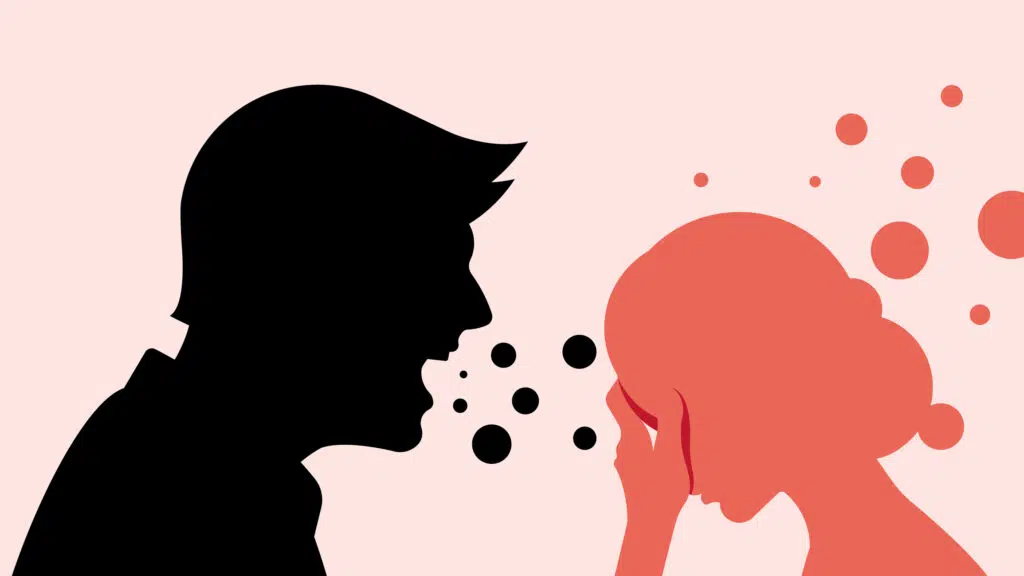You Don’t Have to Manage A Phobia Alone

The experiences associated with a phobia can be overwhelming and isolating, but you don’t have to face them alone.
At Thriving Center of Psychology in Midtown Manhattan in New York City, our experienced medical team understands how one or more phobias can interfere with your life experience and self-confidence. We offer customized plans that use state-of-the-art treatments that can help you regain control over your phobias.
Understanding the basics of a phobia
A phobia involves a deep-seated fear or anxiety relating to a place, situation, or object. There is no limit to what can trigger anxieties and dread relating to a phobia, but some of the most common phobias include:
- Claustrophobia (fear of confined spaces)
- Social phobia (social anxiety disorder)
- Acrophobia (fear of heights)
- Aviophobia (fear of flying)
- Agoraphobia (fear of open spaces)
You may also be afraid of specific situations surrounding medical care (hemophobia) or dental work (dentophobia).
Many phobias begin due to a negative experience in the past. You may also develop a phobia because of learned behaviors from your parents or other people in your life. In some cases, a phobia may be genetically based or relate to changes in the way your brain functions.
When to consider treatment for a phobia
Many people live with a phobia for years without relief because they don’t realize help is available. At Thriving Center of Psychology, we recommend seeking an evaluation for a phobia if the symptoms you experience negatively impact your quality of life.
For instance, if you have physical symptoms that are triggered by a person, place, or thing, you should consider treatment. Negative side effects of a phobia can include:
- Panic
- Rapid heart rate
- Breathing difficulties
- Chest pain and tightness
- Gastrointestinal discomfort
- Uncontrollable shaking or trembling
These issues may have a significant impact on your physical health, personal life, and ability to work. For many people, a phobia can limit enjoyment of certain activities or life in general, which can lead to isolation, depression, and other mental health issues.
Yes, you can get help for a phobia
At Thriving Center of Psychology, our specialists treat phobias by creating customized virtual-reality videos.
These videos focus on stimulating realistic situations that may trigger your phobic anxieties. However, in the controlled environment, your provider works closely with you to track physical symptoms, such as a racing heart, to help you become desensitized to the experience.
In addition to the effective virtual-reality videos, we offer cognitive behavior therapy (CBT) and psychotherapy (talk therapy).
You may also be a candidate for neurofeedback therapy using EEG biofeedback or electroencephalographic technology. This noninvasive treatment can help improve a wide range of mental health conditions and can also compliment your other phobia therapies.
If you need assistance in managing a phobia, we can help. To learn more, book an appointment online or over the phone with Thriving Center of Psychology today. We also offer online virtual therapy sessions for your convenience.

Understanding Impostor Syndrome: Breaking Free from Self-Doubt
Imposter syndrome can make you feel like a fraud with no confidence in your abilities. You’re not alone; so many people feel like this. The good news is that you can break free from imposter syndrome and overcome self-doubt; here’s how.

Supporting a Loved One with Mental Illness: Practical Tips and Resources
There isn’t one perfect way to support a loved one with mental illness. How you care for someone will depend on you and the person you support. Mental illness can affect all aspects of a person, from mood to behavior. It can come as a shock when a loved one is diagnosed with a mental illness.

Is My Relationship One-Sided?
Do you feel like you’re doing all the work in a relationship? When a relationship is one-sided, it can create stress and conflict. If one partner invests more energy and effort to make the relationship work, it creates an imbalanced dynamic that can be draining in the long haul.

How To Recover From Burnout?
Manageable and short-term stress can increase alertness and give you the focus to hit a tight deadline. But left unchecked, chronic stress can result in burnout, leading to complete physical, mental, and emotional exhaustion.

